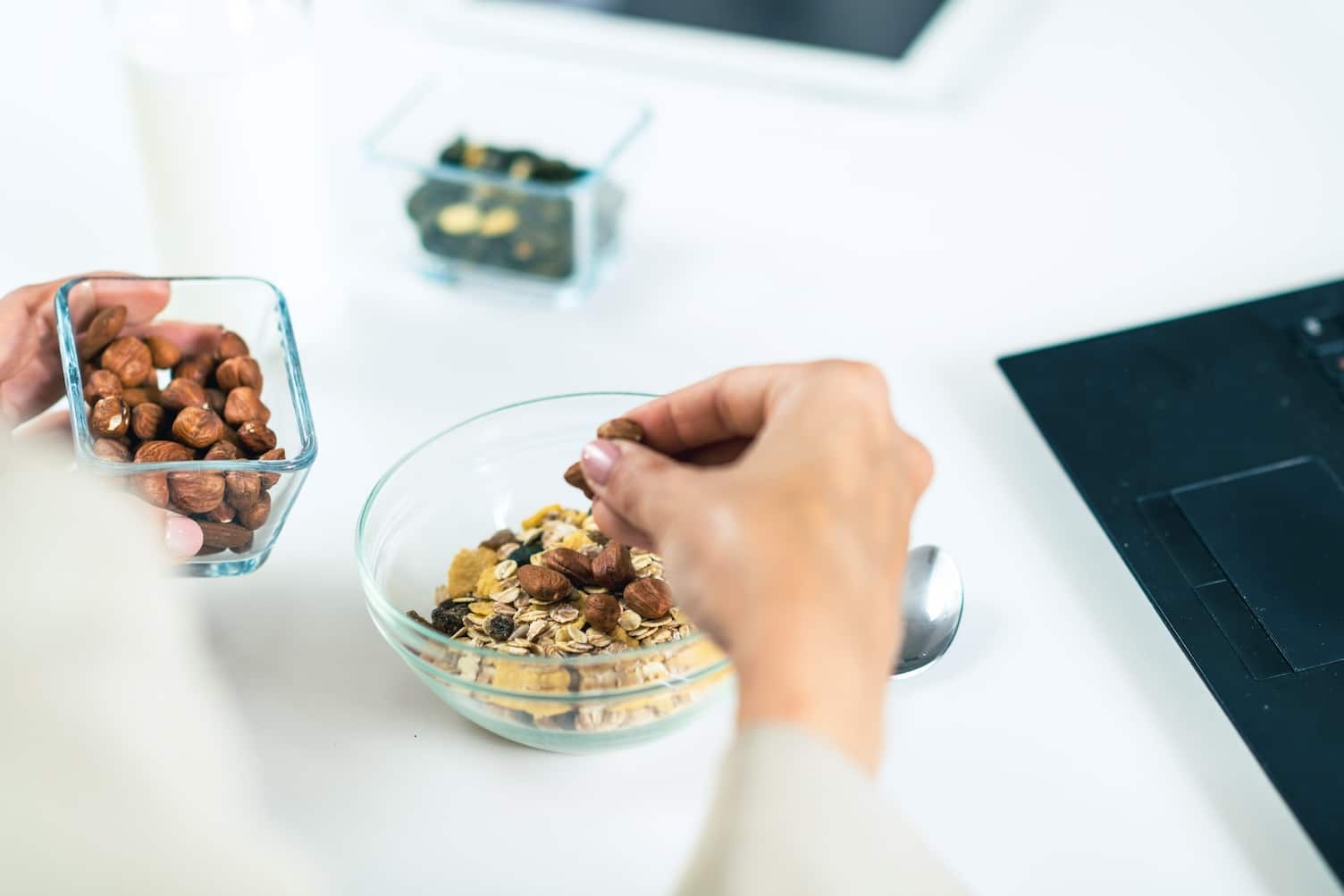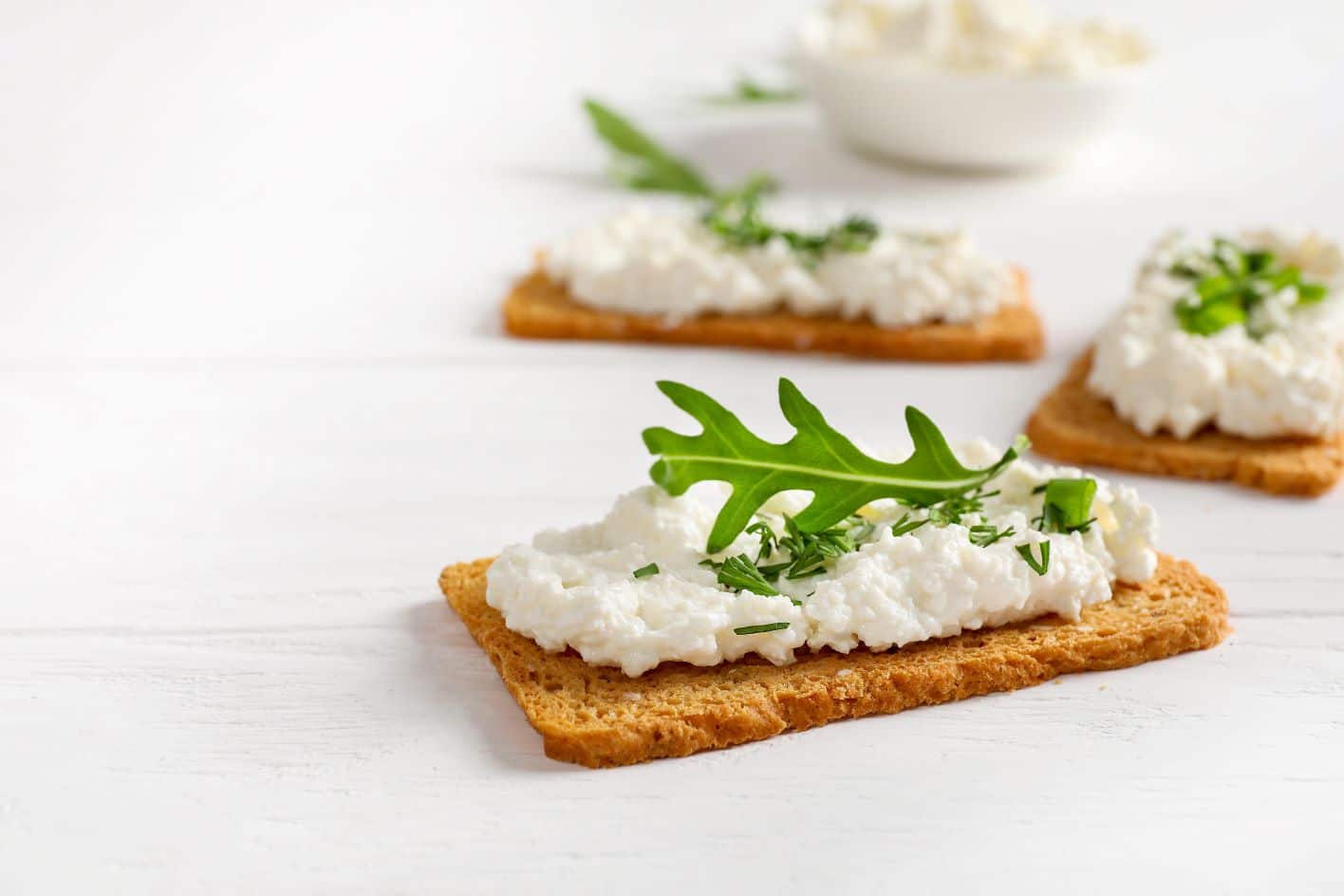When most people exercise, eat right and place an emphasis on sleep, they’re doing so to improve their physical health. But all three factors are known to impact your mental health as well.
A recent study conducted by The University of Otago in New Zealand explored this link. Noting that sleep, exercise and diet are already associated with good mental hygiene, the researchers wanted to determine which of the three elements holds the strongest correlation to mental health.
The study, which was published in Frontiers of Psychology, surveyed more than 1,100 young adults from New Zealand and the United States and found their answer: Sleep, physical activity and diet, in that order, strongly predicted good mental health and overall well-being.
QUALITY SLEEP
The researchers’ findings stressed the importance of sleep quality over quantity. Too little sleep — measured at less than eight hours — and too much sleep (more than 12 hours) were associated with higher depressive symptoms and lower well-being, but sleep quality significantly outranked quantity in predicting mental health and well-being.
“This suggests that sleep quality should be promoted alongside sleep quantity as tools for improving mental health and well-being within young adults,” says lead author Shay-Ruby Wickham.
Sleep is known to impact your mood as well as stress and anxiety levels, not to mention your immune system, heart health, concentration levels and ability to control your weight. The CDC recommends getting 7–9 hours each night, but per the study, aim for sleep quality, not just quantity. Keeping a regular bedtime, creating a sleep-friendly environment and avoiding screens, heavy foods and alcohol before bed can all assist in the effort.
Sydney Spiewak, MS, RDN, of Clinical Weight Loss and Wellness in Glastonbury, Connecticut, suggests eating balanced meals and snacks throughout the day so you’re not tempted to overindulge at night. Avoid caffeine, sugary drinks and anything that tends to give you heartburn or indigestion.
EXERCISE REGULARLY
Exercise was the study’s second most important factor in determining mental wellness. That’s no surprise, as for years exercise has been linked to mood and happiness. Exercise kicks off a cascade of feel-good chemicals in your body and brain — think of the “runner’s high” — which is only temporary, but regular activity can result in long-term benefits.
A 2019 JAMA Psychiatry study found replacing sedentary time with 15 minutes of vigorous exercise like HIIT or circuit training, or with an hour of moderate-intensity exercise like walking or jogging, reduced the risk of depression by 26%. And additional research published in the Journal of Happiness Studies showed people who exercised for 150–300 minutes each week (the recommended amount per the U.S. Department of Health and Human Services) were up to 52% happier than those who were less active.
EAT RAW FRUITS AND VEGETABLES
According to the University of Otago study, mental health scores were highest among study participants who ate 4.8 servings of raw fruit and vegetables per day. So, go ahead and load up on uncooked produce. It’s hard to go wrong here, as many different options are loaded with vitamins, fiber and phytonutrients. But Spiewak notes that certain fruits and vegetables contain high levels of vitamins C and E, which have anti-inflammatory properties and can reduce depression and boost mental health in general.
She recommends eating plenty of carrots, cucumbers, green beans, broccoli, spinach and other dark leafy greens. For fruit, be sure your diet includes apples, bananas, assorted citrus fruits, berries and kiwi. “These raw fruits and vegetables have the potential to impact mental health in a good way,” she says.
Originally published February 2021
Ready to take the next step? Unlock MyFitnessPal Premium to access custom goal settings, quick-log recipes, and guided plans from a registered dietitian. Premium users are 65% more likely to reach their weight loss goals!




